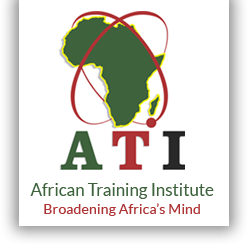Geographic Information Science (GISc) is the science of linking spatial data to locations to explore relationships. Geographic Information Systems (GIS) is more than just maps as it can be used to evaluate relationship between different spatial information, identify the best location for new develop

Geographic Information Science (GISc) is the science of linking spatial data to locations to explore relationships. Geographic Information Systems (GIS) is more than just maps as it can be used to evaluate relationship between different spatial information, identify the best location for new development, locate pollution point sources, find the easiest way to get from point A to point B, and develop a better understanding of the way the world interacts.
GIS is linked with other spatially related tools, such as Remote Sensing (RS) and Global Positioning Systems (GPS), as it is essential to collect, create, analyze, generate and display spatial data. The technology gives a visual impression of the landscape that helps to make quick decisions in resource management.
This course offers a range of methods to manage and process geographic information. Emphasis is placed on the nature of geographic information, data models and structures for geographic information, geographic data input, data manipulation and data storage, spatial analytics and modeling techniques, and error analysis.
The course links GIS with other data generating tools such as Remote Sensing, Google Earth and digital elevation models (DEM). The goal of the course is to understand GIS concepts such as spatial data sources and structures, projections and coordination systems, data editing and creation, and geospatial analysis and apply them in practical situations.
African Training Institute (ATI) is an international training institution that was established to meet the ongoing needs of the African workforce in the current dynamic business environment. The institution is registered in South Africa under company registration number 2013/180557/07 in accordance with the relevant South African laws.
ATI is an accredited member of the Southern African Association for the Conferencing Industry (SAACI), membership number ******, the South African Quality Institute (SAQI), membership number AFR012 and is accredited by the Services Sector Education and Training Authority (SETA) of South Africa, accreditation number 12192 and Local Government (LG) SETA, accreditation number LGRS-1579- 170224.
We offer a wide range of professional short courses that are designed to continuously improve productivity in various Governments, Parastatals, Non-Governmental Organizations (NGOs), Private Sector and other organizations across the African continent. The institution also organizes benchmarking study tours for various government ministries across Africa.
© 2025 coursetakers.com All Rights Reserved. Terms and Conditions of use | Privacy Policy